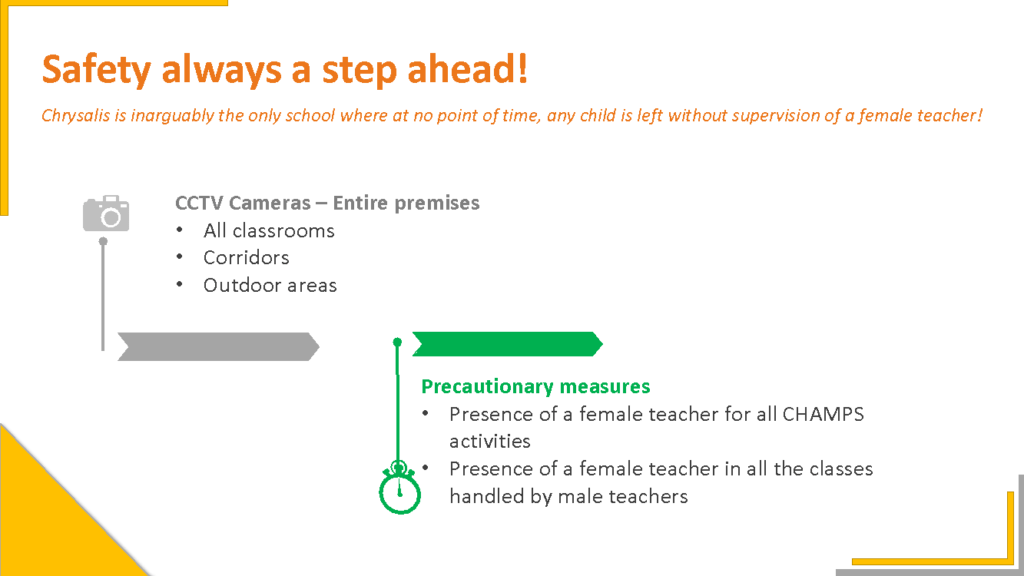“Your children are not your children.
They are the sons and daughters of Life’s longing for itself.
They come through you but not from you.
And though they are with you yet they belong not to you.”
-The Poem “The Prophet” by Kahlil Gibran
Parenting is a privilege as well as a responsibility. Parenting is a privilege because kids start as a ‘bundle of joy’ in the arms of parents and progress to providing the parents unconditional love and cheer as they grow up. Parenting is a responsibility because a whole new life has been entrusted to the parents. Parents have the solemn task of nurturing future citizens for their country and the world. Parenting involves making sacrifices – from foregoing sleep at nights to compromising on career growth and life goals.
The Encyclopedia Britannica defines Parenting as the process of raising children and providing them with protection and care in order to ensure their healthy development into adulthood.
As per Diana Baumrind, a developmental psychologist, and Stanford researchers Eleanor Maccoby and John Martin, parenting styles can be classified into four broad categories – permissive, authoritative, neglectful and authoritarian. Let us have a look at each of these styles briefly:

- Permissive
Permissive parents are highly responsive to their child but have very less demands from the child. They go out of their way to keep their children happy and prioritize their children’s needs (and wants) over theirs. To avoid conflict, they easily accept and fulfill their children’s requests/demands whether they are justified or not. They give independence to their kids and may not offer guidance or direction, unless asked. Hence, permissive parents’ relationship with their kids may be characterized more as friendship rather than parental.
- Authoritative
Authoritative parents are highly responsive to their child but also are highly demanding in return. They guide and provide directions to their child but also listen to their children with empathy. Authoritative parents are flexible, that is, they can be strict with or indulgent towards their kids, depending on the situation. So, authoritative parents are nurturing, supportive and always responsive to their children’s needs. As a result, children who have authoritative parents are self-disciplined and can think and conduct themselves maturely.
- Neglectful
Neglectful parents are characterized by low responsiveness and low demandingness. They are detached from their children to the extent that they seem cold and uncaring. Thus, this style of parenting is sometimes referred to as uninvolved parenting. This neglectful nature might not be intentional as these parents might be suffering from low self-esteem or might be struggling with their own issues. The children of such parents are left nurtureless, directionless and have to take care of themselves.
- Authoritarian
Authoritarian parents are characterized by high demandingness and low responsiveness. They set strict rules for their children and brush aside or simply ignore the kids’ feelings and needs. Their communication is one way – from them to their kids. This is a rigid parenting style that is justified as “tough love”.
After closely looking at the above styles, it is clear that authoritative parenting is the most preferable style of parenting. As in all matters, flexibility in parenting approach is the most optimal. For example, an authoritative parent may become permissive when their child is sick and may become authoritarian when it is a question of safety. So, parents should adapt their parenting style to the given time, place and situation.
How to be a Good Parent
“… the hand that rocks the cradle
Is the hand that rules the word.”
- From the poem “The Hand That Rocks the Cradle” by William Ross Wallace, who wrote this poem as an ode to Motherhood
Parenting has evolved over the centuries and parents now, in the twenty-first century, have many child psychologists, family therapists, and books on parenting to guide and help them in the formidable task of parenting in today’s busy and fast-paced world where the most precious commodity is Time and the most difficult task is emotional bonding, even with one’s own family. Our ancestors, millennia ago, were aware of the importance and complexity of parenting. The legendary Chanakya, also known as Vishnugupta and Kautilya, the mentor of Chandragupta Maurya, the founder of the vast Mauryan empire nearly 2500 years ago, gave the following sound advice to parents on parenting, which is relevant to this day, in his book “Chanakya Niiti”:
- Pamper children with unconditional love till they attain the age of five.
- Be a tough task master to your children when they are between the ages six and sixteen, so that they become disciplined and responsible.
- Start treating them as friends once they attain sixteen years.
From the previous Section, it is clear that extremes in parenting, like over-regulation or overindulgence, over-attention or neglect, should be avoided.
But what are needed for good parenting? The National Academy of Sciences (NAS), USA delineates four major responsibilities for parents: maintaining children’s health and safety, promoting their emotional well-being, instilling social skills, and preparing children intellectually.
How parenting evolves as child grows up
How can parents be encouraged and helped to more actively participate in their children’s schooling? Education expert Joyce Epstein, a professor at the Johns Hopkins School of Education, has developed a framework facilitates this. She divides types of parent involvement into six categories:
- Parenting
The most important way parents can support their children’s education is by providing a healthy home environment. Parents may need to attend parenting workshops to help them in this task. For example, parents are advised to encourage the reading habit in their children by reading to and in front of their children.
Pandit Jawaharlal Nehru’s letters to his daughter Indira Gandhi when the former was in jail for fighting for India’s independence from the British, and the latter was a 10–15 year-old child show how parents can teach and inspire children. The letters speak about world history, science, geography, evolution, etc. and most importantly about how to be a good human being and a great leader. Needless to say, for Indira Gandhi, her father Nehru was a University. Nehru’s letters to his daughter tell us about the importance of parenting in education and how parents can help in making children, future leaders.
- Communicating
Parents should keep themselves informed about their children’s school activities and children’s progress by taking some time to go through the e-mails, memos, student homework, report cards, etc. being sent by the school. They should make themselves available to take calls from the school and attend PTMs (Parent-Teacher Meetings) without fail. This will help parents be up-to-date about their children’s performance and progress at school and enable them to take corrective steps on time. This will prevent children from a drop in their performance and keep them in synch with their peers and the class curriculum.
Abraham Lincoln, the 16th President of USA, wrote a letter, which is now famous, to his son’s teacher, when his son just joined school. Lincoln wrote this letter to the teacher as an ordinary parent and not as the US President. In the letter, Lincoln asks the teacher to teach his son the values of honesty, truthfulness, courage, originality and hard work.
Abraham Lincoln’s letter shows that communication between parents and teachers is important and they both have to collaborate for the education and development of a child.
- Volunteering
Parents can volunteer in the classroom and/or school which is one of the direct ways to involve themselves in their children’s education. They can help with office work, organizing events and other tasks that the school may request them to do.
- Learning at home
Parents are the first teachers for children. Even when children start going to school, parental help at home in their education is important. Parents can directly help their children in homework assignments and projects. But sometimes parents may require additional resources like time and study material to be able to help their wards in their academics. This additional effort put in by parents for their kids is worth it because it has a multiplier effect on students’ education and helps the school too in its responsibility of imparting education.
- Decision-making
Parents can be part of groups like Parent-Teacher Associations (PTA), Child Welfare committees, etc. so that they are more actively involved in decision making on matters concerning their children. This will help in taking well informed decisions that are best for children’s education and development.
- Collaborating with the community
This point is a more general form of points 3 and 5 above where parents are collaborating with the school and/or other parents. Parents who are involved in the community are invariably going to be involved in the school system also. The synergistic interaction of parents, teachers and administrators can do wonders for children and education.
Conclusion
Parenting is one of the traits that is common to the human and the animal worlds. Love springs naturally between the parent and the offspring in almost all species of the world. This bond of love is very essential and crucial because it is what helps nature and life in survival, self-preservation and propagation. But is just love enough in the parent-child relationship? As seen from above, the answer is a clear “No” because parent-child relationship is much more than mutual love. Parenting is also about responsibility, caring, foresight and planning. In the animal world, parenting is instinctive, spontaneous and hardwired in their genes. But in the human world, the method of parenting is a choice, is learnt “on the job” and there may be as many ways of parenting as there are parents. This article attempts to provide an overview of different types and ways of ‘Parenting’ and gives an insight on positive parenting.
Asha Kiran Puli
Primary Coordinator – Chrysalis High, Kadugodi


